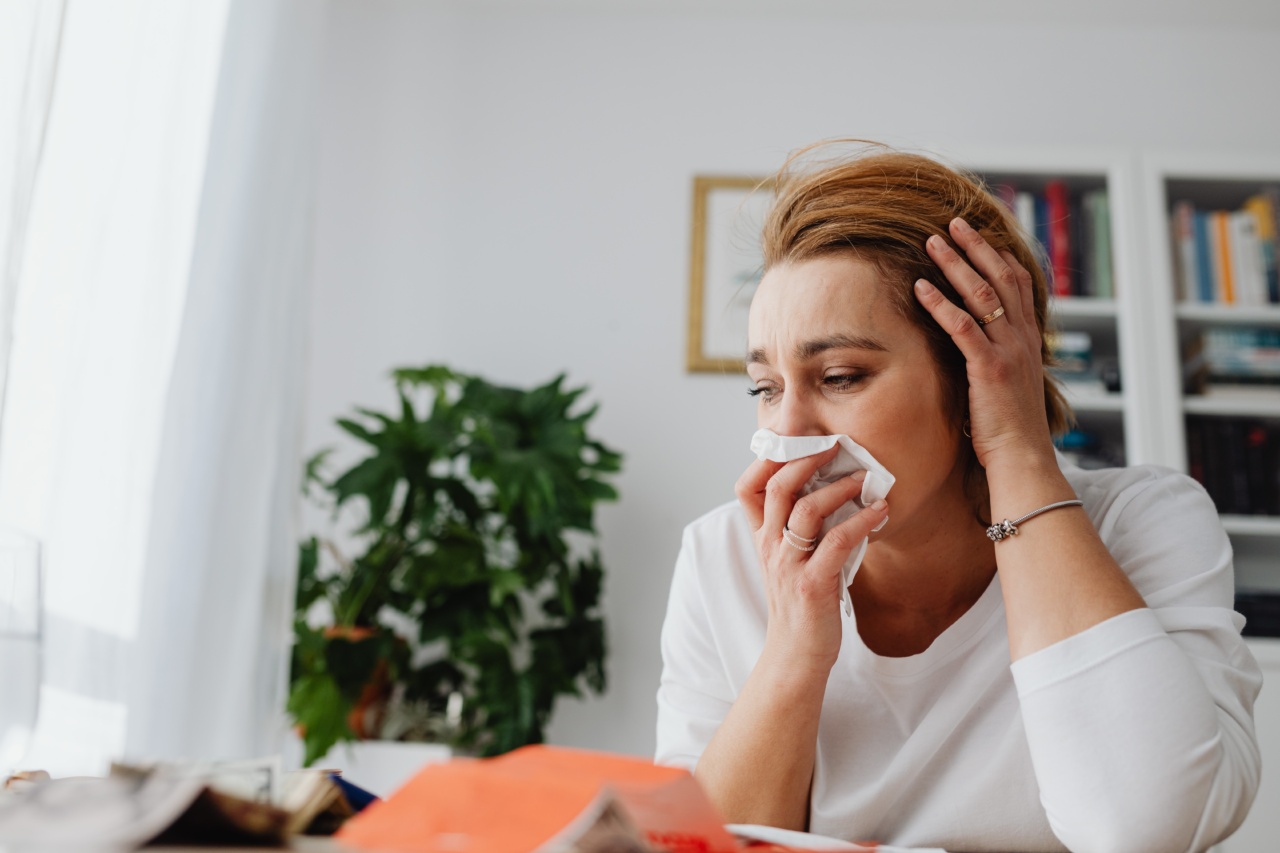Sleep is a basic human need that is essential for good health. However, many people struggle with sleep issues at some point in their lives. If you’re having trouble sleeping, you’re not alone.
According to the National Sleep Foundation, about 30% to 40% of adults report some symptoms of insomnia during any given year, and 10% to 15% of adults say they have a chronic insomnia disorder.
What Is Insomnia?
Insomnia is a sleep disorder that makes it difficult to fall asleep, stay asleep, or both. Insomnia can be caused by a variety of factors, such as stress, anxiety, depression, chronic pain, medications, or environmental factors like noise or light.
Insomnia can be acute or chronic. Acute insomnia lasts for a short time and is often caused by a specific trigger, such as jet lag or a stressful event. Chronic insomnia is a long-term sleep disorder that lasts for several months or more.
Types of Insomnia
There are two main types of insomnia: primary and secondary. Primary insomnia means sleep problems that are not related to another medical condition or substance use.
Secondary insomnia means sleep problems that are caused by another medical condition, such as chronic pain or anxiety, or by substance use, such as alcohol or prescription drugs.
What Are the Symptoms of Insomnia?
The symptoms of insomnia include:.
- Difficulty falling asleep
- Waking up frequently during the night
- Waking up too early in the morning
- Feeling tired or groggy during the day
- Difficulty concentrating
- Irritability or mood swings
- Depression or anxiety
How Can You Improve Your Sleep?
If you’re having trouble sleeping, there are several things you can do to improve your sleep quality.
Establish a bedtime routine
Going to bed and waking up at the same time every day helps to set your body’s internal clock, which promotes better sleep.
Create a sleep-conducive environment
Keep your bedroom dark, quiet, and cool. Use comfortable bedding and a supportive mattress. Make sure your bed is only used for sleeping and sex, not for work or other activities.
Avoid stimulating activities before bedtime
Avoid watching TV, using electronic devices, or engaging in stimulating activities before bed, as they can keep your brain active and make it harder to fall asleep.
Avoid caffeine, nicotine, and alcohol
Avoid caffeine, nicotine, and alcohol, especially in the hours leading up to bedtime.
Caffeine and nicotine are stimulants that can disrupt your sleep, while alcohol can make you feel drowsy at first but can interfere with your sleep later in the night.
Get regular exercise
Get regular exercise, but avoid doing so within three hours of bedtime as it can be stimulating and make it harder to fall asleep. Exercise during the day can help you sleep better at night.
Practice relaxation techniques
Practice relaxation techniques like deep breathing, meditation, or yoga to help calm your mind and body before bed.
When to Seek Medical Help
If you’ve tried improving your sleep habits and you’re still having trouble sleeping, it may be time to see a healthcare provider.
They can help identify any underlying medical conditions that may be contributing to your sleep problems and recommend appropriate treatment.































